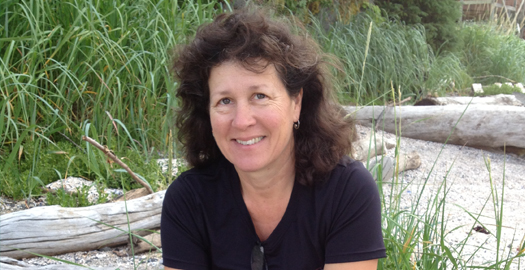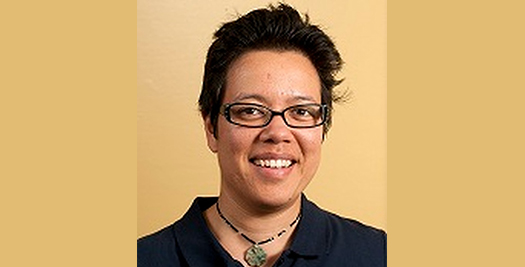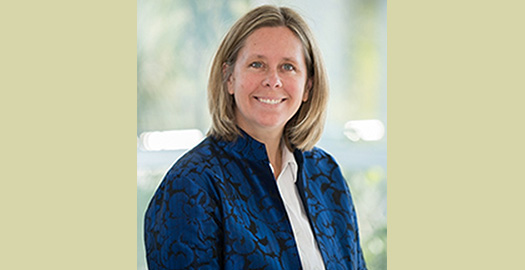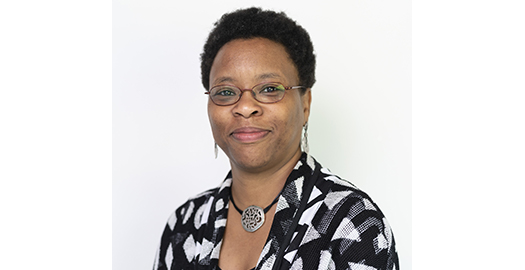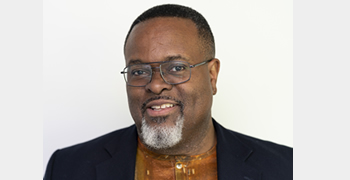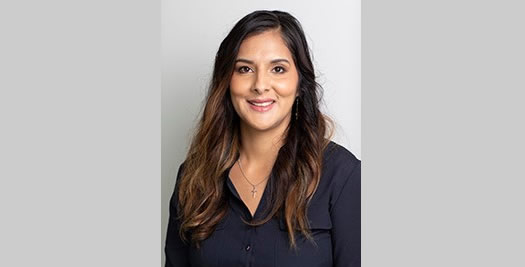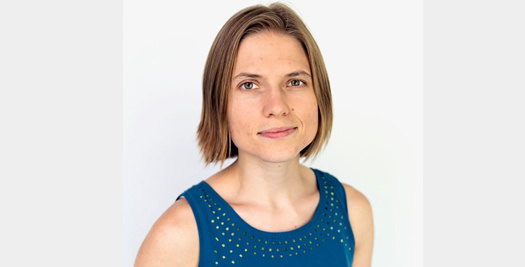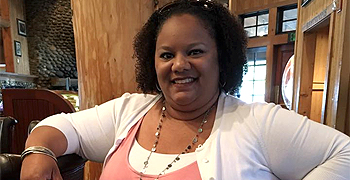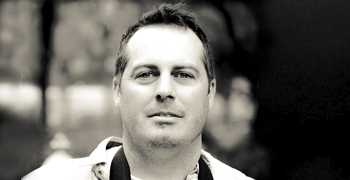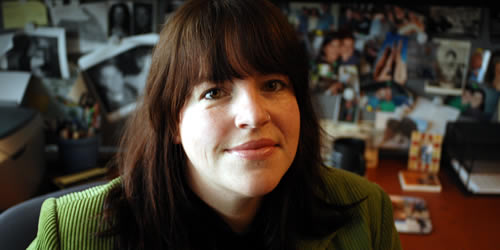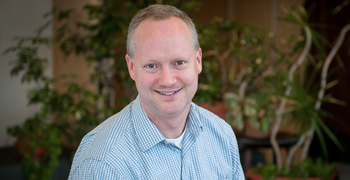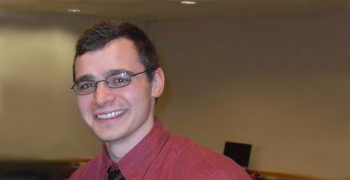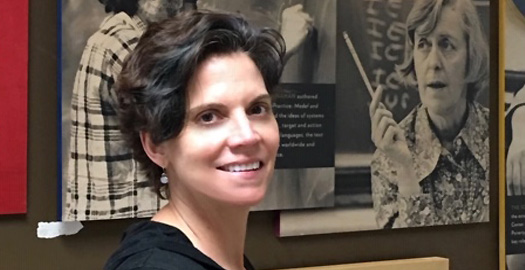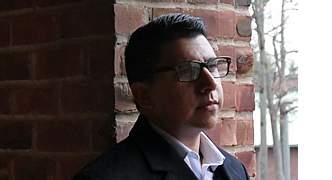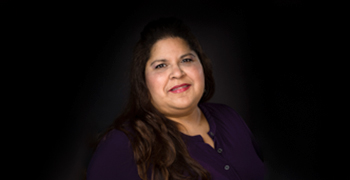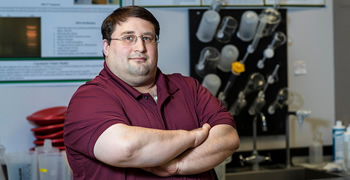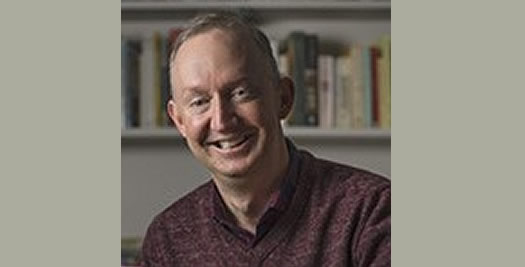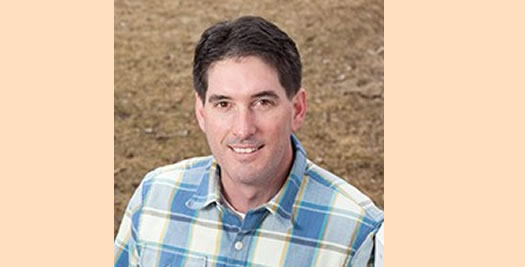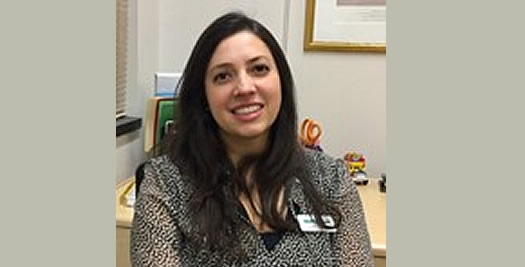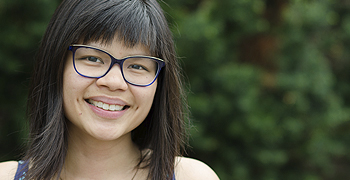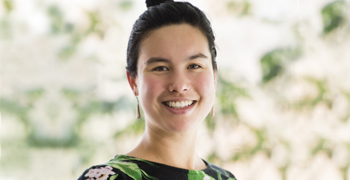Faculty and Staff Voices
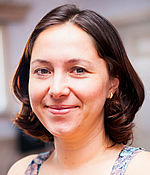
Nurcan Atalan-Helicke, associate professor of Environmental Studies and Sciences
The Pericles project helped me to revise student reflection and assessment in my existing course, Political Ecology, and learn from other faculty about how they are incorporating civic engagement into their syllabus and their coursework. (I was a mentor for another faculty member at another participating institution.) It also allowed me to share my experiences at two conferences, and to engage in fruitful conversations with other faculty at Skidmore. I facilitated a workshop organized by Skidmore’s Civic Engagement Center and Center for Leadership, Teaching, and Learning on how to establish civic engagement designation for courses. The conversations we had with Civic Engagement and the Subcommittee on Responsible Citizenship also led to the design of a common assessment for all civic engagement courses taught at the College. These were collected for the first time in the spring 2018 semester. Broader conversations on campus about the evaluation of civic engagement courses last semester were particularly useful for my class.
I was already interested in teaching academic civic engagement (ACE) courses. My goal was to connect with other faculty teaching ACE courses, learn more about assessment/reflection methods, and share my experiences with junior faculty.
The service-learning project in the Political Ecology class changes every year depending on the community organization’s needs. The readings also change every year according to the service-learning project students pursue. Over the years, we worked with Sustainable Saratoga several times. They trusted our students to work with them and address their needs. While some of the project outcomes were not immediately visible, the students learned a lot, and Sustainable Saratoga used the outcomes/findings of some projects to create momentum for their projects. For example, students in my Political Ecology class gave a presentation to city officials on downtown waste recycling at the end of the semester. They were also invited to give a second presentation the following semester. Although students had already completed their grades, three students accompanied Sustainable Saratoga to give a presentation to city officials a second time. They were very responsible and proud of their work! We also invited Sustainable Saratoga to a workshop with faculty from seven higher education institutions in our region. Sustainable Saratoga volunteers shared their experiences with faculty interested in teaching academic civic engagement courses, discussing how they interacted with students and faculty and providing guidelines for establishing and maintaining relationships with community partners.
A group of students prepared a poster on their service-learning project, urban forests. One student secured travel funding from the College and presented at a conference in Canada. Before COVID, students would give their final project presentations at the Surrey-Williamson Inn to the board members of the community organization we work with. The presentations would be a celebration with cookies and pictures. It would be a moment of pride for both the community organization and the students.
I continue to teach an academic civic engagement course. There are more Project Pericles faculty on campus, and I’m glad more junior faculty are interested in teaching academic civic engagement courses and getting recognized for their work (by Project Pericles). I am happy that there are also more conversations on campus among faculty about implementing ACE and bridge courses. CLTL can continue these conversations, help faculty with making their work visible, and coordinate workshops to transform their civic engagement work into publications. These conversations may help civic engagement be recognized more in tenure-promotion decisions.
other faculty and staff voices
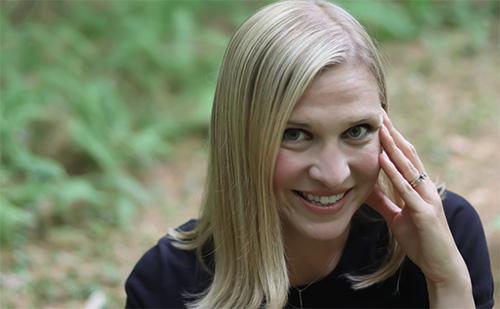
Sarah DiPasquale, associate professor and chair of dance
We developed a course called Dancing Towards Success, which is an offshoot of my program Dance to Success. In this program, we create 3- to 5-minute dance videos that we then put out in conjunction with PBS Learning Media. We put these out nationally for teachers to utilize in the daily classroom as brain breaks or as an activity that helps students focus before moving on to their academics. Sort of like a “movement break.”
We created a partnership with the Gloversville enlarged school district in New York and we made interdisciplinary arts residencies that the students would go out to. They developed the residency in conjunction with a teacher and what we would call a specials teacher — so like an art teacher, a gym teacher, someone who teaches in another area of the school.
We incorporated themes of social justice into our residencies, which wasn’t initially part of our plan. But so much in our culture changed from the time I put the proposal in, which was pre-COVID, to the time that we implemented them, and it just felt like we were working in a rural community that needed some discussions to start happening.
Educational access for arts in a public school is oftentimes underfunded, and though it's certainly not with every school, many schools — especially schools that have a low socioeconomic status — don’t always have the same access to the arts in the same way affluent schools do. And so during this experience, students learned to recognize their roles/potential roles in helping solve issues that we as a society have, which is extremely important and valuable.
I appreciate seeing that connection between the student-teacher and the children when they are able to communicate and engage with the universal language of dance. Dance is for everyone, right? And I think that’s something that people are still starting to learn to this day. Dance isn't just for people who study it for decades, it is for all of us. It doesn’t have to be perfect, and it can make really profound changes in people’s lives.
During the first class, a third-grader did not want to dance, did not want to be there, and was just nervous about the whole process. However, by the end of the experience this little guy came up and was participating just like the rest. I watched him go up to a student, one of our student-teachers, and say, “I just need to tell you this,” and just shared so much information with our student-teacher that day. That day, he felt a connection with the student and felt safe to share his thoughts. This just shows me that there is something shifting in trust and security within this space, which is incredibly rewarding not only for me but for my student-teachers as well.
I try to let people know that doing work in civic engagement, like incorporating civic engagement into our classrooms, always adds to the classroom and value to what we're doing. I understand that there are extra steps and unknowns because when we're working with community members, things change that we can’t always control as professors or instructors. However, I believe that the benefits always outweigh the extra steps that have to go into it, and in the end it’s just essential to the student’s learning.
A question that I love to think about is: “What is the difference between dance and movement?” Which I think is still being studied and yet to be answered.
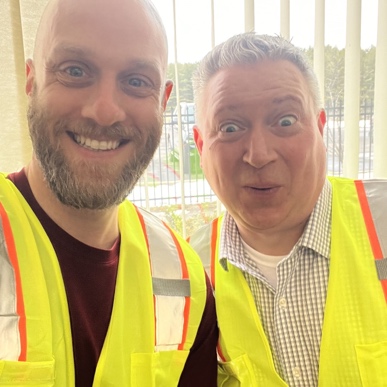
(L) Evan Mack (Senior Teaching Professor in the Music Department) and (R) David Howson (Senior Teaching Professor and Arthur Zankel Executive Director of the Arts Administration
Program)
By Lila Norton (’24)
Mack: As a professional pianist and composer, the more I teach, the more I learn. Teaching has allowed me to reflect deeper on my own pedagogies, my own learning, and has ultimately made me a better performer and composer.
Howson: I became a teacher because I had great teachers, and I remember how impactful those teachers were on me, and how I could be an influence in others.
Mack: For me it's the constant discovery and rediscovery of either the smallest little thing, or frankly, the space to create some new ideas and use it as a larger platform for the professional career.
Howson: I love learning through teaching my students. Every year is different so you're constantly reinventing yourself, your pedagogy, your classes, and your syllabus to meet the demands of today's students. I like that evolution, and this constant reinvention.
Mack: I find it challenging keeping up with how students communicate with each other, and how to adjust to what their current communication patterns are. I find that conversations with some of my students are similar to the ones I'm having with my teenage son. This has helped me connect on one level, but has also created a distance, because I'm living at a further distance from when they were born.
Howson: It is challenging keeping up with the students and having to constantly reinvent classes to keep it interesting and engaged; it's me then pivoting to ensure that the ultimate goal is to learn and reflect. And just when you think you've nailed it like—"yes, last semester was awesome, I'm going to repeat that”—nope that's not what happens, and you have to constantly adjust because every classroom is different.
Mack: Bringing in guest artists doesn't require this massive logistic overhaul…I find it so funny that we've had this technology for a while now and could have been using it all along, but Covid in a way, has pushed us a little bit and has reminded us, “Oh, right, we have access to this technology.” I used to bring guest speakers up from the city as well as local folks to the classroom; however, now that you have the ability to zoom somebody in from LA, Chicago, or Indiana, you can accomplish so much more breadth in a way while also bringing diverse perspectives without dealing with two days of travel and large travel expenses, which is ultimately easier for the speaker.
Howson: What students went through is also what teachers were going through. The old tricks we knew that worked in the physical classroom, mostly did not work or translate directly into the virtual classroom. So, the biggest challenge for me was understanding that I could not just replicate what I had done in the physical classroom and expect it to flow right into a zoom class, but instead reinvent activities, learning, and discussions to fit the students' needs.
Mack: I did things where I had two cameras set up so they could see me side by side and then switch my camera so they could have an overhead view. I actually found that students responded to that dual visual very well so now, back in the room, I will often ask them to stand up and look over my shoulder while I demonstrate. Also, I would ask students to send me a video of their playing, and then use those five minutes to weigh in. This doesn't diminish the quality of the lesson, but actually enhances their overall learning experience in the process.
